Russian Amnesty Bill May Free Pussy Riot and Greenpeace Members
In what's being seen as an attempt to assuage international outrage over human rights violations in Russia, the State Duma, the country's lower parliament, unanimously passed a bill that may allow prosecutors to drop charges on jailed protesters, just in time for the Sochi Olympics.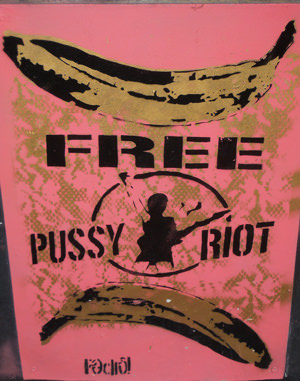
In what’s being seen as an attempt to assuage international outrage over human rights violations in Russia, the State Duma, the country’s lower parliament, unanimously passed a bill Wednesday that may allow prosecutors to drop charges on jailed protesters, just in time for the Sochi Olympics.
It seems President Vladimir Putin has realized his nation has an image problem on its hands. Two incidents have kept the Kremlin plastered all over international news media in recent years: the detention of 30 Greenpeace activists as well as the imprisonment of two members of the punk rock band Pussy Riot.
The “Artic 30,” as the Greenpeace demonstrators have become known, were arrested and detained for two months after attempting to stop oil operations in frozen seas near Russia. Although the Artic 30’s lawyer doesn’t expect a speedy amnesty process, the widely covered case of the two Pussy Riot musicians arrested after their anti-Putin protest in a Moscow cathedral last year may come to an end before New Year’s. Thanks to a “last-minute” addition to the bill, “hooliganism” (for which the two women were convicted and sentenced to two years in prison) is among the crimes that will be granted amnesty.
But these two high-profile groups won’t be the only ones influenced positively by the law, which affects women with small children, minors and first-time offenders. According to The Washington Post:
Separate amendments to the amnesty bill could spell reprieve for some of the 27 Russian citizens — including 12 currently on trial — who have been charged with participating in mass riots that erupted at an anti-government rally on the eve of Putin’s inauguration to a third term as president last year.
Critics of the case say that the charges, which could carry prison sentences of up to 13 years, have been fabricated by law-enforcement officials to stifle the Russian protest movement.
Maria Arkhipova, a member of the May 6 citizens group founded to support the detainees said that the amnesty was an opportunity for the Russian authorities to “correct their mistakes” but that it was premature to discuss the possibility of a pardon. “It’s a very cruel game,” she said.
Human rights groups that advised the Kremlin on the amnesty voiced disappointment at the limited scope of the final version adopted Wednesday.
For the most part, the amnesty will cover vulnerable groups such as pregnant women, mothers, the disabled and the elderly serving sentences of up to five years. Prisoners guilty of grave crimes, terrorism or assaulting police are not eligible for pardon.
As it stands, the amnesty is expected to cover about 2,000 convicts — less than 2 percent of Russia’s prison population, said Valentin Gefter, director of the Institute of Human Rights. “It’s very narrow and decorative in character,” he said.
In planning the amnesty, the authorities had to balance two competing goals: placating critics who consider Russia’s penitentiary system too harsh and mollifying the overwhelming majority of the population that advocates tough punishments for crime and regrets the abolition of the death penalty.
“We have to be grateful that some 2,000 prisoners will be freed,” Gefter said. “In some countries, amnesties are very rare or never happen at all.”
Although 2,000 is indeed better than none, Russia’s ruthless human rights breaches are in no way over. Just a couple of months ago, Pussy Riot member Nadezhda Tolokonnikova brought light to the inhumane conditions in the penal colony she was imprisoned in with her hunger strike. And let’s not forget that the new law does nothing to reverse the draconian laws that forbid “gay propaganda” and have inspired worldwide concern about the 2014 Winter Olympics.
—Posted by Natasha Hakimi
Your support matters…Independent journalism is under threat and overshadowed by heavily funded mainstream media.
You can help level the playing field. Become a member.
Your tax-deductible contribution keeps us digging beneath the headlines to give you thought-provoking, investigative reporting and analysis that unearths what's really happening- without compromise.
Give today to support our courageous, independent journalists.

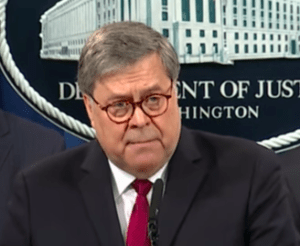
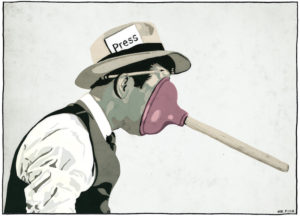
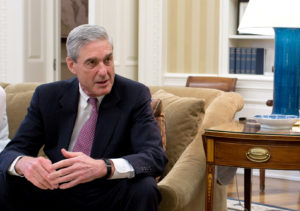
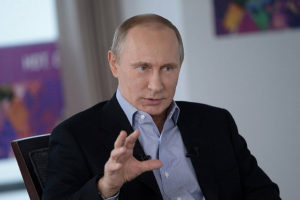
You need to be a supporter to comment.
There are currently no responses to this article.
Be the first to respond.